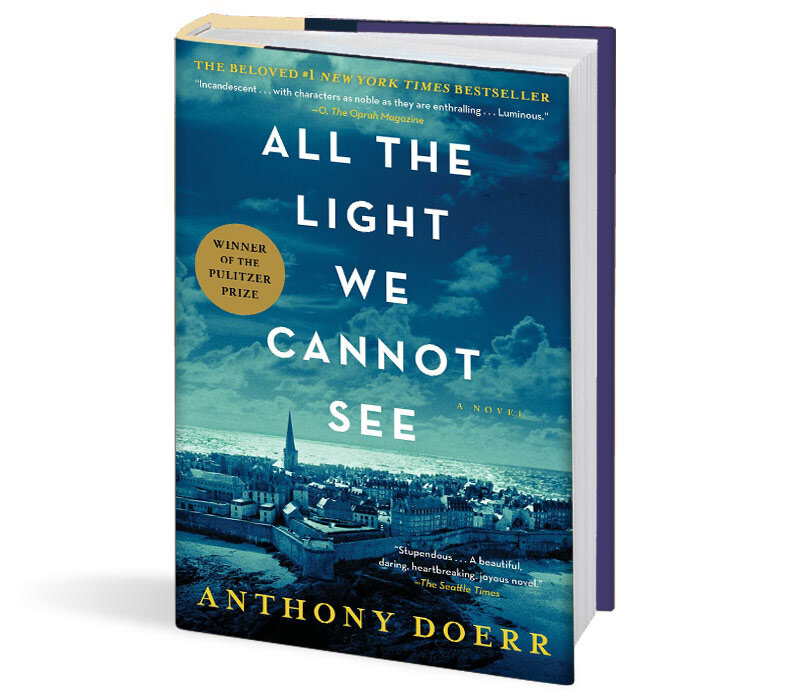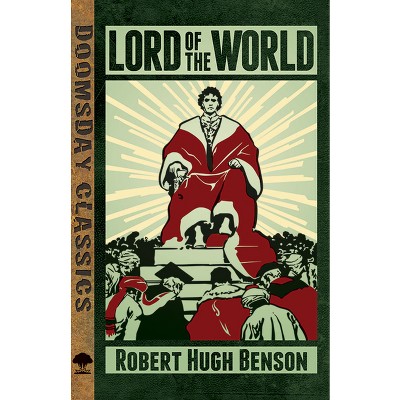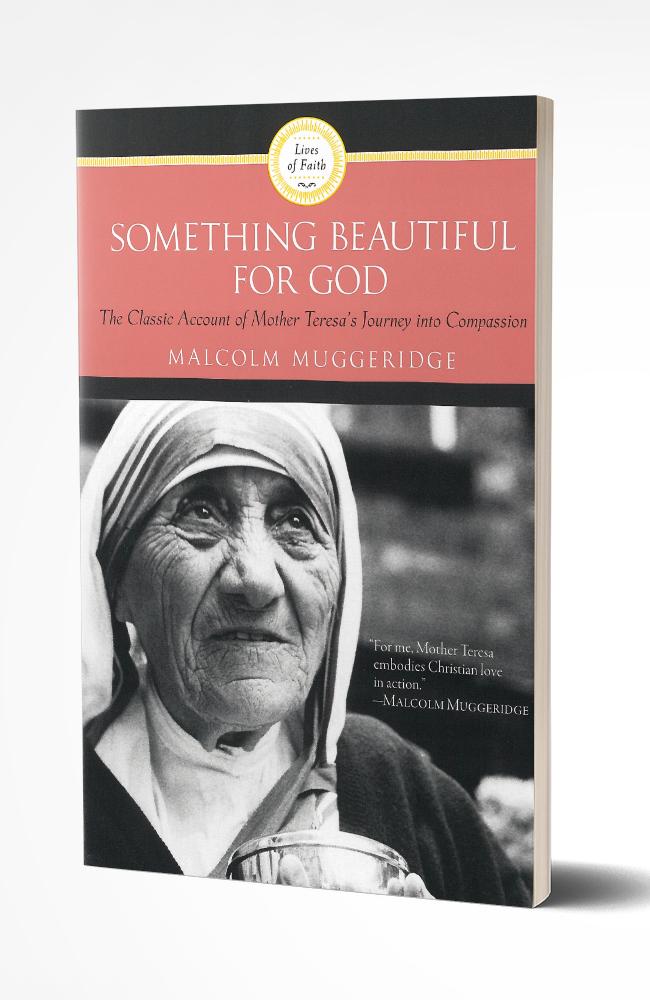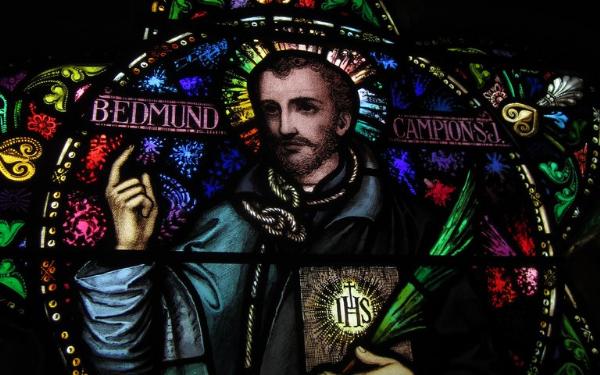I have repented of my ways, and will not regale you with more books on architecture and urbanism. If you want my recommendations in that department, see What I’m Reading, Vol. II and IV. Lately I’ve been on a biography kick, after reading a couple bad biographies that made me wish for something more compelling. I’ve also read some wonderful novels.
But first, Why I’m Reading
Before digging in, I want to muse about reading. If that’s boring, feel free to skip ahead. That’s one of the great things about reading. Reading is a super-power, and we are getting worse at using it. I’m not talking about basic literacy. While Oregon keeps lowering the floor on high school graduation standards, most Americans in the other 49 states can still extract meaning from lines and squiggles on a page.
We could naively claim that we read more than ever now. It might even be true that our eyes look at words for more seconds per day. But the power of reading goes beyond information collection, and has little to do with doom-scrolling social media (or deleting your social media apps and then doom-scrolling news website. I’m looking at you, me). Reading has the ability to reveal reality in its depth and mystery to us; it can transport us to other places and times; it can make us more deeply human. But it is a muscle, and most of us aren’t hitting the gym. Multiple times per week I talk with people who say they used to be able to sit down and devour whole books, and now they can’t make it more than a few pages. I found this myself several years ago, and started to make some changes so that I could read more.
I tend to make problems more philosophical than they need to be. Sure, it might be that I don’t read because the world is so full of problems, and what good does reading a novel do? But usually it’s because I have bad habits or my chair is uncomfortable.
So at risk of being pedantic or preachy, here are the practical changes I made to read more:
- Chair: if your butt is uncomfortable, you won’t sit on it. So find a good chair that you can sit in for a long time, preferably one with arms.
- Coffee / tea: unless you’re some kind of monster, you probably like to sip on something while you read. And if there’s no convenient place to set your drink while you read, probably you won’t read long because you’d rather enjoy your coffee. Make enjoying your coffee part of enjoying your reading and you’ll enjoy both more.
- Light: reading in bad light is uncomfortable, bad for your eyes, and difficult. If you don’t have a good lamp within reach without getting up, you won’t read. Close light is much better than overhead light because it makes the book itself brightly lit without lighting the whole space too much. It’s also just cozier, and that matters.
- Phone: the single biggest change I made in order to read more was leaving my phone on a different floor of the house. It stays upstairs in my room while I sit in the living room to read. A boring passage of a book might make me want to seek immediate distraction, but that instant gratification is less attractive if it’s not instantaneous.
- Challenge: people like to have a challenge. I started keeping track of every book I read, and every year I set myself a goal. This year I reached October and realized I was only halfway to my goal of 52 books in 2023 (a book a week). So I started reading shorter books. Sort of cheating but it gets at the point, which is that having something to shoot for is helpful, especially when you are between books and don’t have the cliffhanger-effect to rely on.
- Workout: reading is a muscle, and if yours is as weak as mine was when I started trying to exercise it, it will take time to build strength and stamina. I hate gyms and stay way away from them, but I’ve been told that trying to go from zero to hero in weight-lifting is a recipe for injury, and that consistency and variety are important components of a good routine. Don’t start by reading two hours a day if you don’t have a habit of reading. Start with 20 minutes and work your way up. If it helps you to have a couple books going so that you can switch, do it. For me, this works best with one work of fiction and one non-fiction. Not all books are created equal. You might sit down and read All the Light We Cannot See cover-to-cover in a long weekend, but you probably can’t do that with philosophy. I’ve found that the trick is to read enough every few days to not lose the thread, but not enough to burn out.
- Timing: if you don’t carve out specific time to do something, odds are you just won’t do it. Years ago when I wanted to start writing, I got the advice to get up early every morning, and write first thing—crucially before looking at any attention-grabbing devices. For me, the same works for reading. Once it is part of an enjoyable routine that has flexibility in it, you can read for longer stretches as you build the habit.
I realize now that if you got through all that stuff about reading, you’re probably not the target audience. Well, without further ado…
Novels
All the Light We Cannot See
Anthony Doerr, 2014
 This novel has received a lot of attention in the last few weeks because a four-part Netflix show based on it was recently released. I don’t have a judgment on the show to share, other than to say that, from what I’ve seen it is based only very loosely on the book. If you liked the show, read the book because it’s even better. If you hated the show, still read the book because it’s a different story.
This novel has received a lot of attention in the last few weeks because a four-part Netflix show based on it was recently released. I don’t have a judgment on the show to share, other than to say that, from what I’ve seen it is based only very loosely on the book. If you liked the show, read the book because it’s even better. If you hated the show, still read the book because it’s a different story.
All the Light is one of the best recent novels I’ve read. Set before and during World War II, it focuses on two main characters: Werner, a young German orphan who nurtures a fascination with radio, and through it discovers a whole world beyond the Führer’s Germany; and Marie-Laure, a blind French girl who flees Paris with her father, the locksmith of a museum there, seeking refuge in the town of Saint-Malo in Brittany. One discovers the world through light he cannot see; the other learns to see the world without light, through sound and smell, and especially through touching intricate models of Paris and Saint-Malo built for her by her father. Anthony Doerr weaves their two lives together, along with several others, into a beautiful achronological story centered on the real battle for Saint-Malo. I’ve heard that the audiobook is hard to follow because the story jumps around so much. I know that I found myself flipping back and forth to keep track of dates. I hesitate to say more about the story because it is hard to remember what details are spoilers.
But what I loved about this book was the richness of detail. The reader feels their way through Saint-Malo along with Marie-Laure, counting storm drain covers and doorways. We feel the brutality of the Nazi regime with Werner. When you sit down to read this book, you are transported into it in a way that few books I’ve read recently have achieved. I read it cover-to-cover over a couple days during a vacation this summer. It was one of the best-spent vacations I’ve had.
Lord of the World
Robert Hugh Benson, 1907

I have been avoiding reading Lord of the World for more than a decade. And with good reason: a certain strand of American Catholics love it, and I don’t tend to find much in common with them. On top of that, it’s been out of print for ages and the print-on-demand version is riddled with typos. I marked the first fifty or so in my copy before giving up. But eventually I got out of the way and let the book lead me by the nose.
Lord of the World follows a young British priest during the ascent of a new world leader, the mysterious Julian Felsenburgh. Felsenburgh is heralded as the person who can finally establish world peace. Catholics are basically the only religious folks left, and they are reassured that they will be tolerated in the New World Order. Meanwhile, they are lured into conflicts that can be used as pretexts for their destruction.
There’s a culture war take on this, and it’s boring. Religious folks who feel embattled in contemporary society feel their struggles reflected in the book, and see a bleak future. That’s one take.
But what struck me was the parallels between this book, published in 1907, and the rise of fascist dictatorships thirty years later. I kept pausing to wonder whether Hitler had read Lord of the World and taken inspiration from Felsenburgh. The book is seen as prophetic by many, and with good reason. Pope Francis has also referred journalists to it so they can understand what he means when he talks about “ideological colonialism.” It’s worth reading to find out what he means.
In the book the new regime creates a replacement for religious worship, a return to paganism, realizing that corporate worship responds to a real need. Attendance is compulsory. This too is eerily similar to the creation of “Positive Christianity” in Germany. Initially the project involved removing Judaism from the Bible. But the long-term plan was to replace the Bible entirely with Mein Kampf. This unsubtle replacement of religion shows up in Lord of the World. Outside of totalitarian regimes we are not immune to the process, though. We just do it in sneakier ways. On that front, I’d recommend Being Consumed by William Cavanaugh and James K. A. Smith’s Desiring the Kingdom and You Are What You Love.
Robert Hugh Benson himself was an interesting character. The son of the Archbishop of Canterbury, after his father’s death he converted to Catholicism and became a priest. This was scandalous enough, but the episode in the novel about creating and imposing a new form of corporate worship is a clear allegory for what happened after the Reformation in England. In both cases, the regime is assisted in their project of creating a new liturgy by apostate Catholic priests. Both this book and his Come Rack! Come Rope! (which gets its title from a letter by Anglican-to-Catholic convert, priest, and martyr Edmund Campion) are severe indictments of the faith of his upbringing.
Biographies
Something Beautiful for God
Malcolm Muggeridge, 1971
 I love unsorted stacks of books. It’s great to find the exact book you wanted, right where you knew it would be in a bookstore. But how much more fun is it to peruse a stack with novels right next to philosophy right next to poetry, and find something great? I was doing just that at Portland’s hidden gem Arches Bookhouse, and came across a beat up copy of Malcolm Muggeridge’s Something Beautiful for God for about $2. In the book, Muggeridge tells the story of how he met Mother Teresa and fell in love with her work. Muggeridge was a BBC reporter who interviewed Mother Teresa when she came to England. He felt the interview was a failure, but it generated a massive response from viewers, and he eventually went to Calcutta to make a documentary about the Missionaries of Charity, the religious community Mother Teresa founded. There he observed what he believed to be a miracle, and included it in his film. Throughout their lifelong friendship, Mother Teresa prayed for his conversion. Muggeridge writes about his religious wrestling, and how he is not ready to become a Catholic despite his experience. But having a future saint interceding for you makes a difference. Shortly before his death, Muggeridge was received into the Catholic Church.
I love unsorted stacks of books. It’s great to find the exact book you wanted, right where you knew it would be in a bookstore. But how much more fun is it to peruse a stack with novels right next to philosophy right next to poetry, and find something great? I was doing just that at Portland’s hidden gem Arches Bookhouse, and came across a beat up copy of Malcolm Muggeridge’s Something Beautiful for God for about $2. In the book, Muggeridge tells the story of how he met Mother Teresa and fell in love with her work. Muggeridge was a BBC reporter who interviewed Mother Teresa when she came to England. He felt the interview was a failure, but it generated a massive response from viewers, and he eventually went to Calcutta to make a documentary about the Missionaries of Charity, the religious community Mother Teresa founded. There he observed what he believed to be a miracle, and included it in his film. Throughout their lifelong friendship, Mother Teresa prayed for his conversion. Muggeridge writes about his religious wrestling, and how he is not ready to become a Catholic despite his experience. But having a future saint interceding for you makes a difference. Shortly before his death, Muggeridge was received into the Catholic Church.
This is a very quick read (I think I read it twice in one weekend), and it stays away from the sort of saccharin hagiography that Mother Teresa is sometimes the victim of.
Edmund Campion: A Life
Evelyn Waugh, 1935

My favorite novel is Brideshead Revisited, so I assumed I would like Evelyn Waugh’s biography of Anglican deacon-turned-Catholic priest Edmund Campion. But this book completely surprised me. Having fled England to become a Catholic in France, Campion eventually became a Jesuit priest. He returned to England with a band of Jesuits to minister to the country’s embattled Catholics, knowing that he would likely be martyred for his efforts. He survived less than a year before being arrested, tortured nearly to death, convicted in a clown trial, and brutally executed.
Waugh’s account blends meticulous historical accuracy with the author’s classic wit and flair. It is engaging, moving, and terrifying. The world of Elizabethan England as portrayed in the book, which was dominated by the Queen’s advisor William Cecil, was a dystopia with parallels to that of Lord of the World (discussed above). Campion had to be smuggled into the country, travel in disguise, and hide in walls. The book managed to be the most thrilling spy story I’ve ever read, without being about a spy.